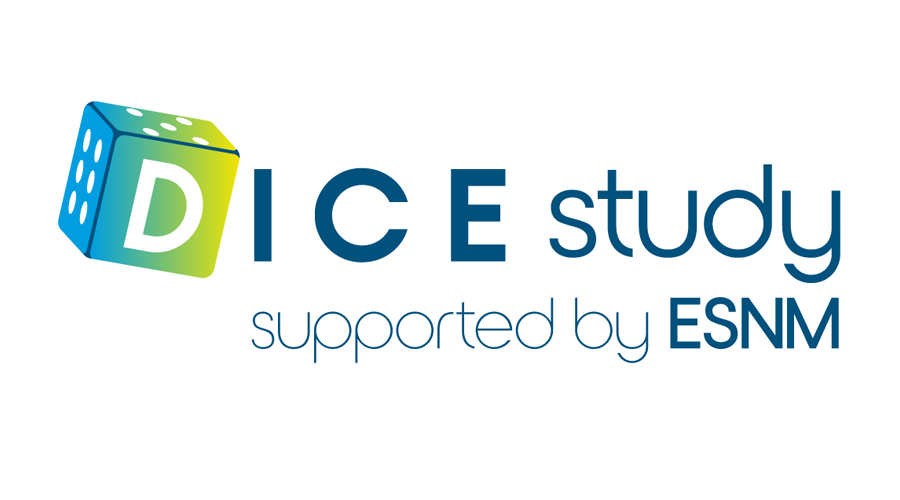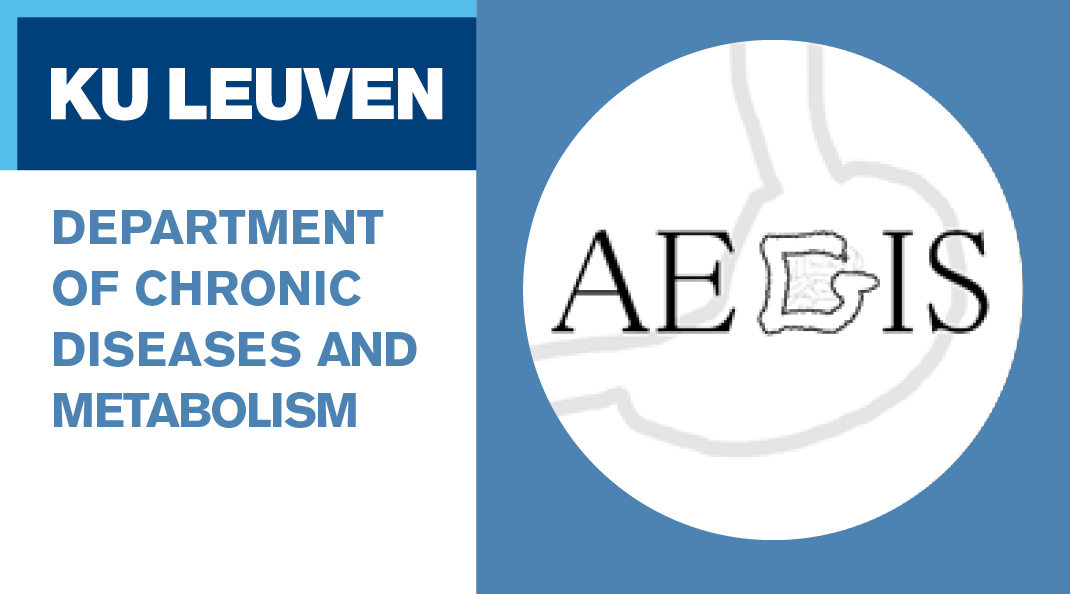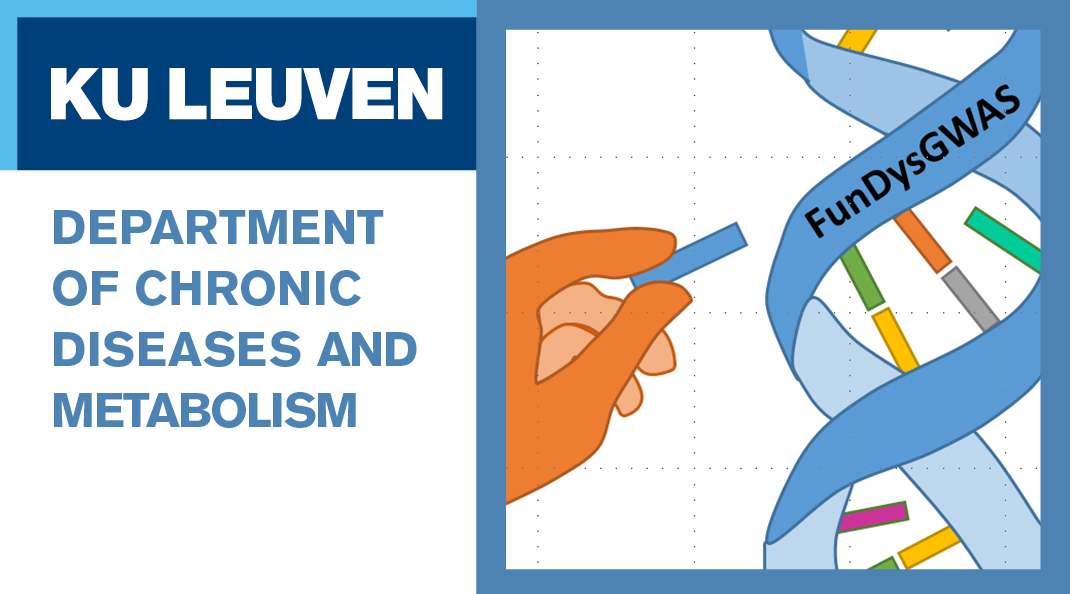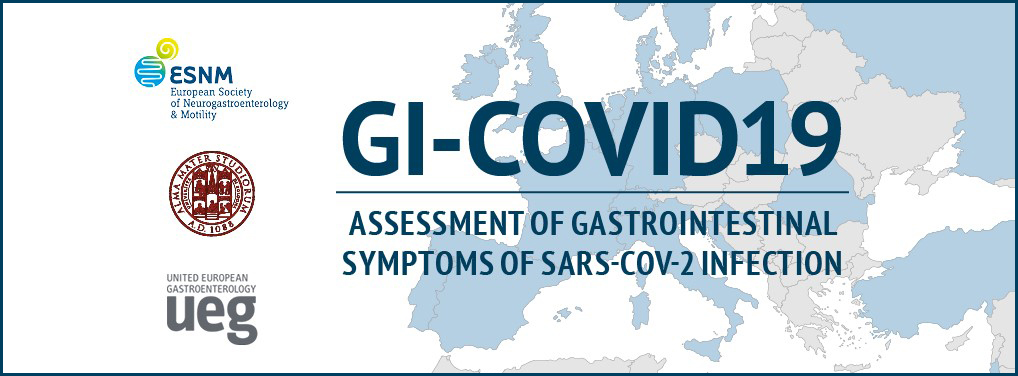Studies & Clinical Projects
ESNM is an opinion leader when it comes to evaluation of new treatments as it bridges basic and clinical research and attracts motivated clinicians interested in the evaluation and treatment of patients within most areas of gastroenterology. ESNM has supported developments in the past, and at different levels of engagement, either through individual scientists and clinicians in our network, or as collaborative approaches within single countries or across countries in Europe.
Differences in IBS Care and Training across Europe (DICE Study)
The DICE Study, supported by ESNM, aims to explore the variations in IBS training and management across Europe. We believe that this way, we will find the gaps in IBS education, which will help improve IBS management and make progress of education in this sector of gastroenterology.
The survey has 5 sections: Demographics, IBS Training, IBS Diagnosis, IBS Management and Organization. It normally takes 6-7 minutes to complete the survey. The target group is all gastroenterologists, practicing in Europe. The survey is anonymous. Please, help us by completing the study and by promoting it among your colleagues and networks.

Development of a Global Classification System for Disorders of the Gut-Brain Axis (DGBI)
In 2020 Prof. Jan Tack and Prof. Kok Ann Gwee jointly initiated a multicenter study entitled AEGIS (Asian European GastroIntestinal Symptoms). In 2018, both research groups have published contradictory results regarding symptom clusters in patients with a DGBI. Now, they started investigating where the differences in results come from. Is it the difference in lifestyle in Eastern and Western countries? Is it the difference in the questionnaire that was used in both studies (Rome IV and the Enhanced Asian Rome III questionnaire (EAR3Q))?
The current AEGIS protocol aims to compare an Eastern and Western DGBI cohorts that fill out both questionnaires to see what is necessary to develop a worldwide up to date classification system, considering both the Asian and the current Rome approach. Additional participating Eastern and Western research centers have been recruited and both professors are very enthusiastic about recruiting more.
The Principal Investigators that have currently showed interest: Prof. Jinsong Liu, Prof. Gerald Holtmann, Prof. Hidekazu Suzuki, and Prof. Sanjiv Mahadeva. Previous publications: https://doi.org/10.1016/j.cgh.2018.02.042 and https://doi.org/10.1016/j.cgh.2018.09.027

Genetic Research in Functional Dyspepsia (FUNDYSGWAS Study)
A heritable component of functional dyspepsia (FD) has been demonstrated in cohorts of patients and community-based studies. However, genetic studies of FD have thus far been very scarce and mostly limited to candidate genes in small sample sets of cases and controls, hence no unequivocal FD risk locus has been proposed. Opposite to most human complex diseases, powered large-scale gene-hunting efforts and hypothesis-free genome-wide association studies (GWAS) have been completely lacking in FD, which represents some sort of “neglected disorder” in terms of genetic research.
The current FunDysGWAS proposal aims to study the genotype of fully characterized FD patients in different European countries. This study could contribute to key insight into the genetic predisposition of functional dyspepsia. This will also allow later in depth analyses of the potential effect of FD risk genes on associated intermediate phenotypes (endophenotypes) key to symptom generation.

Prospective Multicenter Study on GI-COVID19
A variable proportion of patients develop gastrointestinal symptoms, often as an initial or only manifestation of COVID-19. This may not surprise if one thinks that 48% of infected patients excretes SARS-Cov2 in feces and the gastrointestinal tract. Also, intestinal epithelial cells abundantly express ACE-2, the receptors that the SARS-Cov2 utilizes to gain access into the cell. These data suggest that the GI tract could be a primary site of infection and symptom development.
This observational prospective multicenter international study will include all inpatients Units from different countries. The estimated duration of the study will be 1 year.
Update 2021: We have reached a meaningful milestone by completing the first phase of the study with more than two-thousands patients enrolled from 36 Institutions. The drafting of the manuscript of the first study-phase is ongoing and we hope to send the first version of the paper by the end of the year.
The results of our case-control study would be widely useful to understand the impact of SARS-CoV-2 infection on gastrointestinal symptoms.
Status: still ongoing
